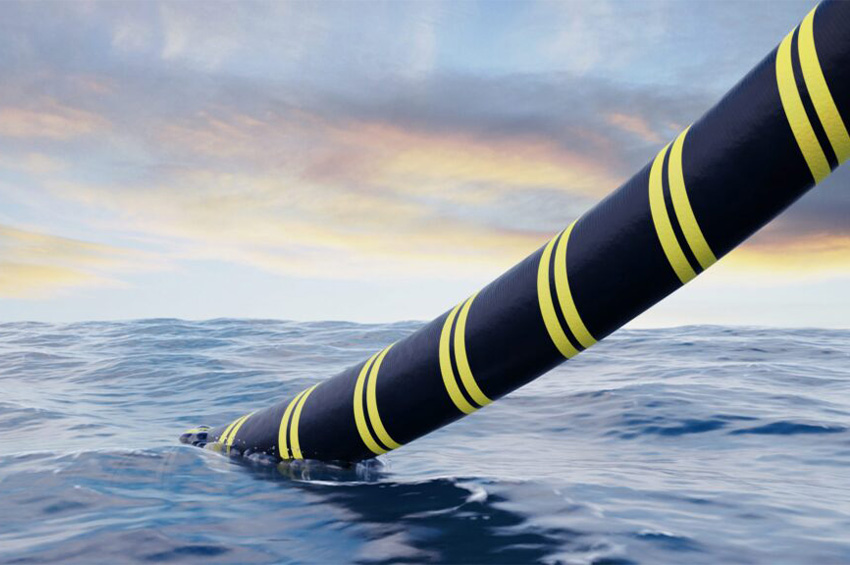 Damage to submarine cables in the Red Sea is disrupting telecommunications networks and forcing providers to reroute a quarter of traffic between Asia, Europe and the Middle East, including Internet traffic.
Damage to submarine cables in the Red Sea is disrupting telecommunications networks and forcing providers to reroute a quarter of traffic between Asia, Europe and the Middle East, including Internet traffic.
Cables belonging to four major telecommunications networks were “cut”, causing “significant” disruptions to communications networks in the Middle East, according to Hong Kong telecommunications company HGC Global Communications.
HGC estimates that 25% of traffic between Asia and Europe, as well as the Middle East, has been affected, according to a statement released on Monday.
The company said it is redirecting traffic to minimize disruption to customers and also “providing assistance to affected companies”, although it was not revealed how the cables were damaged or who was responsible.
Submarine cables are the invisible force driving the Internet, with many of them funded in recent years by Internet giants like Google, Microsoft, Amazon and Meta, parent company of Facebook. Damage to these underwater networks can cause widespread Internet outages, as happened after the 2006 Taiwan earthquake.
The destruction of cables in the Red Sea comes weeks after Yemen's official government warned of the possibility of Houthi rebels attacking that infrastructure. Iran-backed militants have already disrupted global supply chains by attacking commercial ships in the crucial waterway.
Last week, Israeli news agency Globes suggested that the Houthis were behind the damage to the cables. Yemen's rebel leader, Abdel Malek al-Houthi, denied the allegations. “We have no intention of attacking the maritime cables that provide Internet to countries in the region,” he said.
Since then, the Yemeni government has held British and American military units operating in the area responsible for the damage, according to a report published on Saturday by the country's state news agency.
In a statement last week, the Yemeni government stressed the importance of protecting submarine cables and said it was “committed to providing all necessary facilities for these submarine cables to be repaired and maintained.”
Among the affected networks is Asia-Africa-Europe 1, a 25-kilometer cable system that connects Southeast Asia to Europe via Egypt. The Europe India Gateway (EIG) was also damaged.
EIG connects Europe, the Middle East and India, passing through countries such as Portugal, in Sesimbra, and counts Vodafone as one of the main investors.
The company claims on its website that it can send Internet traffic through about 80 submarine cable systems that reach 100 countries.
The International Cable Protection Committee (ICPC), which promotes the protection of submarine cables, has raised concerns about possible damage to Red Sea infrastructure as a result of the militarization of the sea route.
Most large telecommunications companies rely on multiple submarine cable systems, allowing them to reroute traffic in the event of a breakdown to ensure uninterrupted service.







